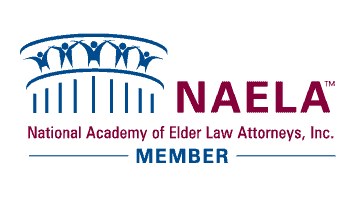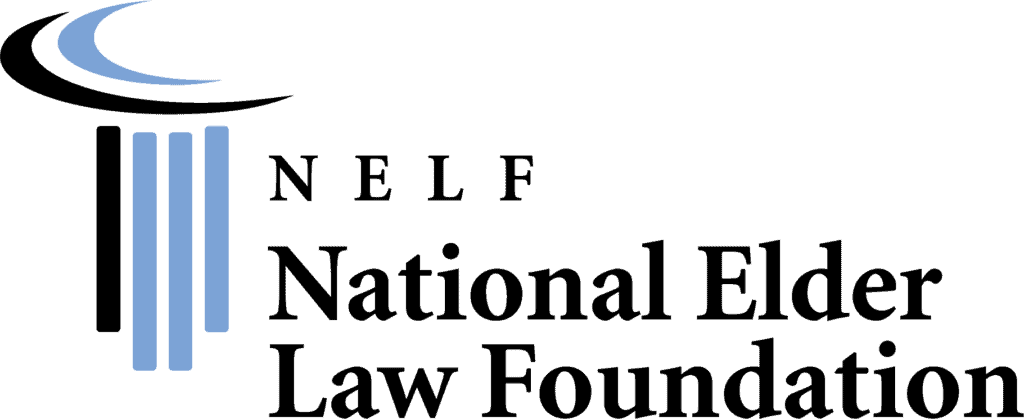Frequently Asked Questions
Estate planning can often seem overwhelming and confusing. To add some clarity to the process, our attorneys have compiled a list of our FAQs about estate planning in the space below. If you have further inquiries, do not hesitate to contact our office, and we will happily answer your questions.
Probate is the court process to establish the validity of a Last Will and Testament and have a fiduciary appointed to administer the estate. Probate proceedings can be expensive and time-consuming.
This is the most common form of asset ownership between spouses. Joint tenancy (or TBE) has the advantage of avoiding probate at the death of the first spouse. However, the surviving spouse should not add the names of other relatives to their assets. Doing so may subject their assets to loss through the debts, bankruptcies, divorces and/or lawsuits of any additional joint tenants. Joint tenancy planning also may result in unnecessary death taxes on the estate of a married couple.
The document a person signs to provide for the orderly disposition of assets after death. Wills do not avoid probate. Wills have no legal authority until the willmaker dies and the original will is delivered to the Surrogate’s Court. Still, everyone with minor children needs a will. It is the only way to appoint the new “parent” of an orphaned child. Special testamentary trust provisions in a will can provide for the management and distribution of assets for your heirs. Additionally, assets can be arranged and coordinated with provisions of the testamentary trusts to avoid death taxes.
Sometimes called an Advance Medical Directive, a living will allows you to state your wishes in advance regarding what types of medical life support measures you prefer to have, or have withheld/withdrawn if you are in a terminal condition (without reasonable hope of recovery) and cannot express your wishes yourself. Oftentimes a living will is executed along with a Health Care Proxy for Health care, which gives someone legal authority to make your health care decisions when you are unable to do so yourself.
If you die without even a Will (intestate), the legislature of your state has already determined who will inherit your assets and when they will inherit them. You may not agree with their plan, but roughly 70 percent of Americans currently use it.
You may avoid probate on the transfer of some assets at your death through the use of beneficiary designations. Laws regarding what assets may be transferred without probate (non-probate transfer laws) vary from state to state. Some common examples include life insurance death benefits and bank accounts.
This document allows you to appoint someone you know and trust to handle your financial affairs when you cannot. If you are incapacitated without having this document, your family will need to commence a guardianship proceeding. This is an expensive court proceeding where a judge determines who should make decisions for you under the ongoing supervision of the court.
This is an agreement with three parties: the Trust-makers, the Trustees (or Trust Managers), and the Trust Beneficiaries. For example, a husband and wife may name themselves all three parties to create their trust, manage all the assets transferred to the trust, and have full use and enjoyment of all the trust assets as beneficiaries. Further “back-up” managers can step in under the terms of the trust to manage the assets should the couple become incapacitated or die. Special provisions in the trust also control the management and distribution of assets to heirs in the event of the trustmaker’s death. With proper planning, the couple also can avoid or eliminate death taxes on their estate. The Revocable Living Trust may allow them to accomplish all this outside of any court proceeding.
Whether you are young or old, rich or poor, married or single, if you own titled assets such as a house and want your loved ones to avoid court interference at your death or incapacity, consider a revocable living trust. A trust allows you to bring all of your assets together under one plan.
Medicaid looks back 60 months from the date of a Medicaid nursing home application to deternine whether you have made any gifts. For Medicaid home care application the lookback period is 30 months! The lookback period is only an audit period during which time Medicaid has the right to review all of the financial records of the applicant (and the spouse of the applicant, if applicable).
Whether a period of ineligibility applies depends on the amount and date of the gift, the identity of the recipient, and the type of Medicaid benefit you seek. Transfers to spouses and disabled children are not subject to a penalty and additional exceptions may apply if the applicant transferred his or her residence. The transfer penalty can be shorter or longer than the lookback period.
A gift under $15,000 is generally subject to the Medicaid transfer penalty rules even thought the gift is excluded for federal gift tax purposes.
Gifts in excess of $15,000 are subject to Federal gift tax, but the amount of the gift will be offset by the Federal gift tax exclusion. Therefore, no gift tax is due unless the donor’s total lifetime gifts exceed the federal gift tax exclusion. New York State no longer has a gift tax.
Generally, the receipt of life insurance proceeds are income tax free but not estate tax free. Proper planning can be undertaken, however, so that life insurance proceeds are also estate tax free. For example, an Irrevocable Insurance Trust can be utilized.
A Revocable Trust does not avoid estate taxes although it may avoid the probate process. The Trust Assets will be part of the grantor’s estate for estate tax purposes. Nonetheless, married couples can save estate taxes by having revocable trusts which contain a credit shelter trust (also known as a By-Pass Trust).
A Revocable Trust does not protect assets from Medicaid and the nursing home. The Trust Assets are considered available for the purpose of determining Medicaid eligibility. Creditors, such as a nursing home, can also make claims against the Trust Assets. Only a properly drafted Irrevocable Trust will protect the assets from Medicaid and the nursing home.
Everyone should implement estate and long term care planning to protect one’s assets and to preserve one’s dignity. A Durable Power of Attorney, Health Care Proxy and Living Will can ensure ongoing decision making in the event of a disability. Wills and Trusts can ensure a proper disposition of your assets at the time of your death. Long Term Care Planning can protect your assets from Medicaid and the nursing home. There are also Federal and State Income tax issues which affect people who do not currently have a taxable estate.
An individual’s estate plan is always changing due to life circumstances as well as changes in the law. It is important to review your estate plan on a regular basis and upon the happening of an event such as the birth of a child or grandchild, divorce, a medical emergency, incapacity, receipt of an inheritance, the passing away of a loved one, or in contemplation of a new marriage.
Whether you can challenge a person’s Last Will and Testament generally depends on whether you are an interested party. An interested party is a person who is a distributee (the closest relative who would receive the decedent’s assets if a will had not been executed) or a person who can demonstrate they had a greater interest under the decedent’s prior Will. Additionally, a person challenging a Will must generally prove either that the decedent did not have capacity at the time the Will was signed, that the Will was improperly executed (a presumption applies that the Will was properly executed if an attorney supervises the execution of the Will), the decedent was unduly influenced, or that the Will was the result of fraud.
Our Success Stories
Active and Involved, Locally and Nationally








